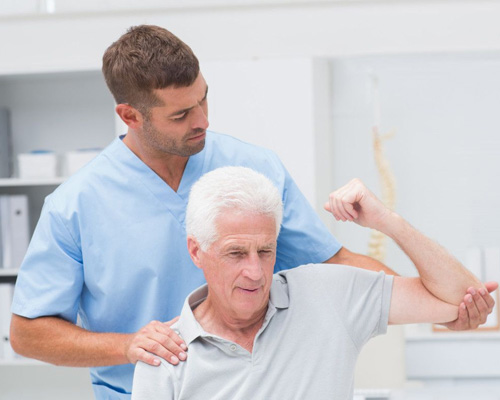Paralysis Causes and Symptoms?
Paralysis is the loss of muscle movement in the body. Our sense of movement is controlled by communication between the sensory nerves (which are part of the peripheral nervous system) and the central nervous system (comprised of the brain and spinal cord). Disruption of communication of nerve impulses anywhere along the pathway from the brain to the muscles can impair control of muscle movement and cause muscle weakness and loss of coordination. Muscle weakness can progress to paralysis, loss of the ability to move the muscles.
Paralysis symptoms can occur anywhere in the body. They may occur on both sides of the body (bilateral) or one side (unilateral). Paralysis occurring in the lower half of the body, below the midsection, is known as paraplegia. Quadriplegia is paralysis occurring in both the arms and the legs.
Paralysis can be caused by trauma or spinal cord injuries. Neurological disorders, such as amyotrophic lateral sclerosis (ALS), also known as Lou Gehrig's disease, Bell's palsy (inflammation of the facial nerve), and other types of nerve damage (such as neuropathy) can cause paralysis. Some cases of paralysis are caused by autoimmune disorders such as Guillain-Barre syndrome, multiple sclerosis, or rheumatoid arthritis. Stroke and transient ischemic attack are common and potentially life-threatening causes of paralysis. Exposure to toxins and poisonings are also known to cause paralysis. These include exposure to the botulinum toxin, certain toxins in shellfish, or venom from snakes or jellyfish.

